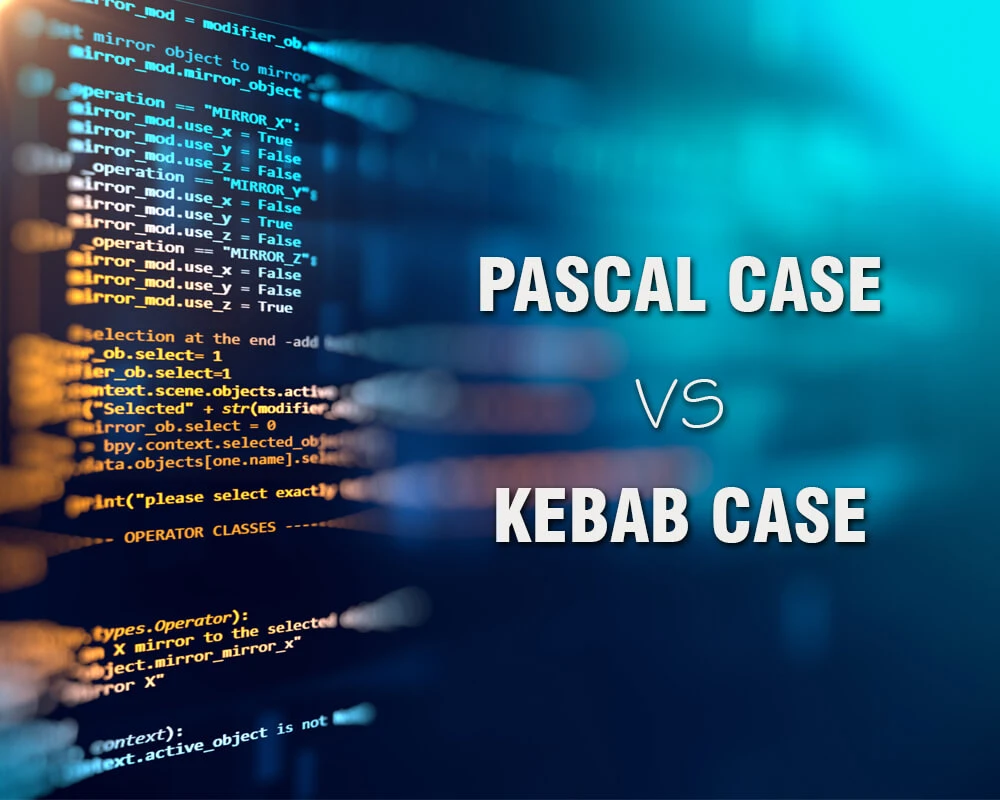Pascal vs Kebab Case
- 2024-08-30 (1 year ago) |
- Syed Shahzaib |
- Coding Standards
Understanding Pascal vs Kebab Case: What is the Difference between two? Some Naming can make all the difference in how 'clean' your code will be, more accurately, how it would appear in terms of readability. When coding and web developing, you may run into two common naming conventions, namely PascalCase and Kebab Case. Knowing how they differ will help you decide which to use and when.
In PascalCase, you capitalize every letter of every word and then just concatenate them without any spaces or punctuation. Example: "PascalCase" is PascalCase. You will find this naming convention used frequently in languages such as C#, Java, and TypeScript when naming classes, constructors, or sometimes even functions. What matters here is that each word starts with a capital letter, so you can tell where one word ends and the next one begins.
Here is what PascalCase looks like in code:
class UserProfile {}
public function GetUserName() {}
However, the Kebab case is just about using the hyphen to link words together-all in lowercase. The naming convention goes very well with web development regarding performing tasks on URLs, be it in HTML attributes or even in CSS class naming. The use of hyphens makes the words more readable to both humans and computers, and it fits most web standards based on case sensitivity.
Here's an example of Kebab Case:
some textpage-archive.php
So, what is the difference between PascalCase and Kebab Case? It really comes down to their usage and readability. PascalCase does well in programming when it is important that words and concepts are relatively well-separated in code. Kebab Case, however, is done well within web development, which requires all lowercase letters with hyphens to make things not only clear but also compatible with web technologies.
PascalCase works for code, namely naming classes and methods, while Kebab Case works for the web: naming URLs, CSS classes, or HTML attributes. Which to use depends on where you are working and how important it is to you that your code stay readable and maintainable.



